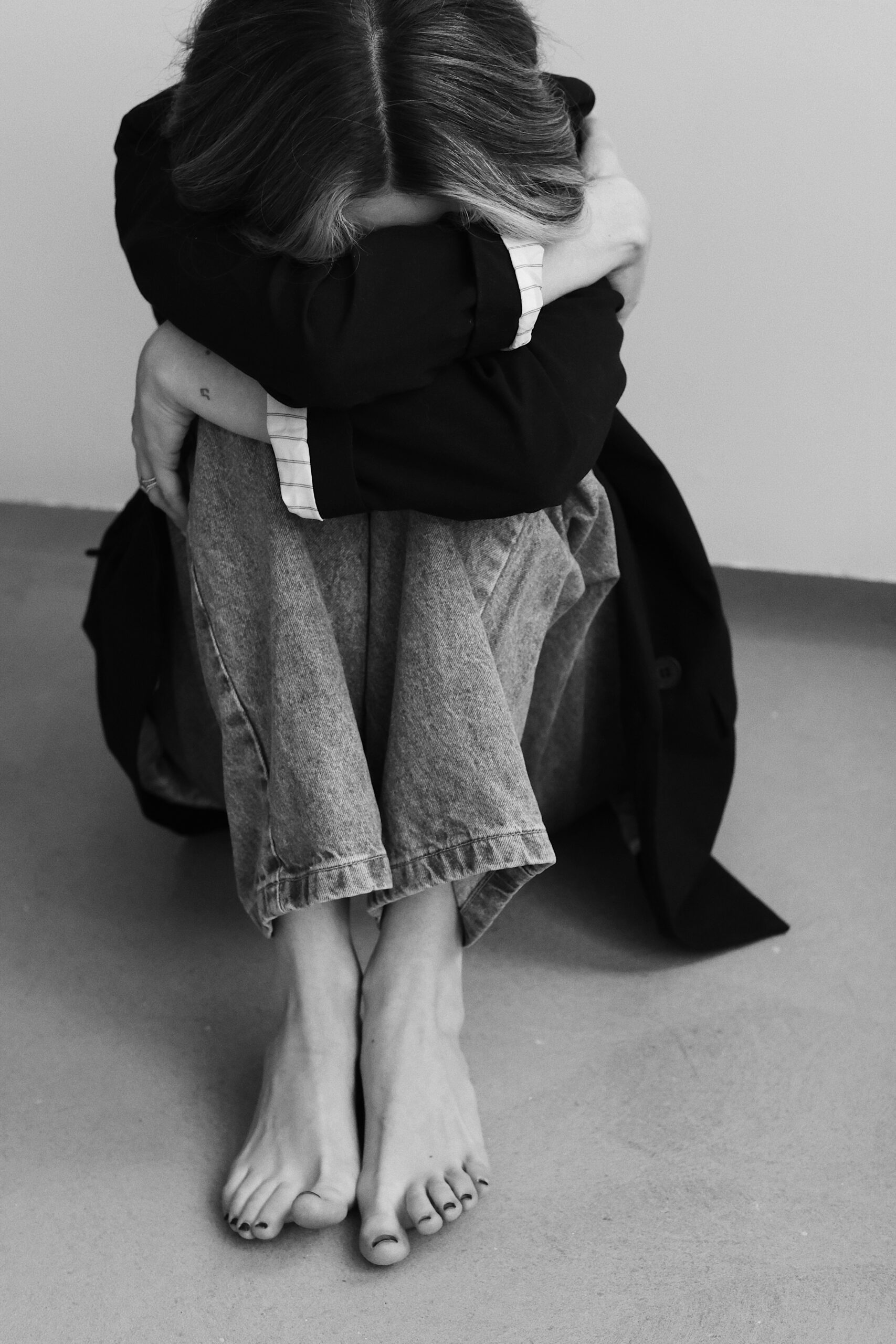Do you need to speak to someone about your emotional wellbeing?
It is very common to experience some anxiety when there are big events or changes happening in your life, such as starting at a new school or the week before an important exam.
These feelings can be a problem if they are constant and make it hard to do normal things like meeting your friends or going to school.
This can be overwhelming and leave you feeling down as you may find it difficult to do the things you normally enjoy.
Sometimes it is hard to know what is causing these feelings. It may be because we are in a situation where things are uncertain or outside of our control.

Why do people feel anxious?
Anxiety is a natural human response to stressful situations.
As humans have evolved over thousands of years, we have evolved to suit different situations and environments.
When we feel unsafe or afraid, our bodies release hormones to make us feel more alert and make our hearts beat faster. Thousands of years ago, this would have helped our ancestors to react to danger.
When the threat has passed, our bodies release other hormones to help us relax. Sometimes this can make you feel shaky!
These two reactions are known as the ‘fight or flight response’ – this happens in our bodies automatically and it is not something that we can control.

How can it feel?
Anxiety and worry can become a problem if it starts to affect how you live your life. This could include:
- Very strong or long lasting feelings of anxiety
- Worries or fears that are out of proportion to the situation you’re in
- Avoiding situations that could make you feel anxious or scared
- Worries that are distressing or difficult to control
- Regular symptoms of anxiety, such as panic attacks
- Finding it hard to fall asleep
- Finding it hard to do the things that you enjoy, such as your hobbies or meeting with friends.
Anxiety can also cause physical symptoms such as:
- Finding it hard to breathe
- Feeling sick
- Headaches
- Feeling numb
These feelings vary for everyone and can range from having a mild to severe effect on your life.
If physical symptoms persist, we recommend that you speak to a doctor. They can help to rule out any other causes of these symptoms and make a referral to Emotional Wellbeing & Mental Health if it’s necessary.
Some people are diagnosed with a particular anxiety disorder because their symptoms fit a set of medical criteria.
However, many people face challenges with anxiety without ever receiving a specific diagnosis.
How can I get help?
There are things you can do to help with these types of thoughts or feelings:
- Talk to someone you trust about how you are feeling – this could be a friend or family member, or someone like a GP or school nurse
- When you are feeling anxious, try some breathing exercises to slow your heart rate
- Write down what you are feeling – it will ground you and help you to explain it to others
It’s ok if you need some extra help with your anxiety. Find out more about how to access our Emotional Wellbeing & Mental Health services.
Apps
Try these apps to help manage your anxiety and other moods.
Websites
Resources to help you out if you are struggling with anxiety or stress.
Helpful resources
Helpful resources about mindfulness.

